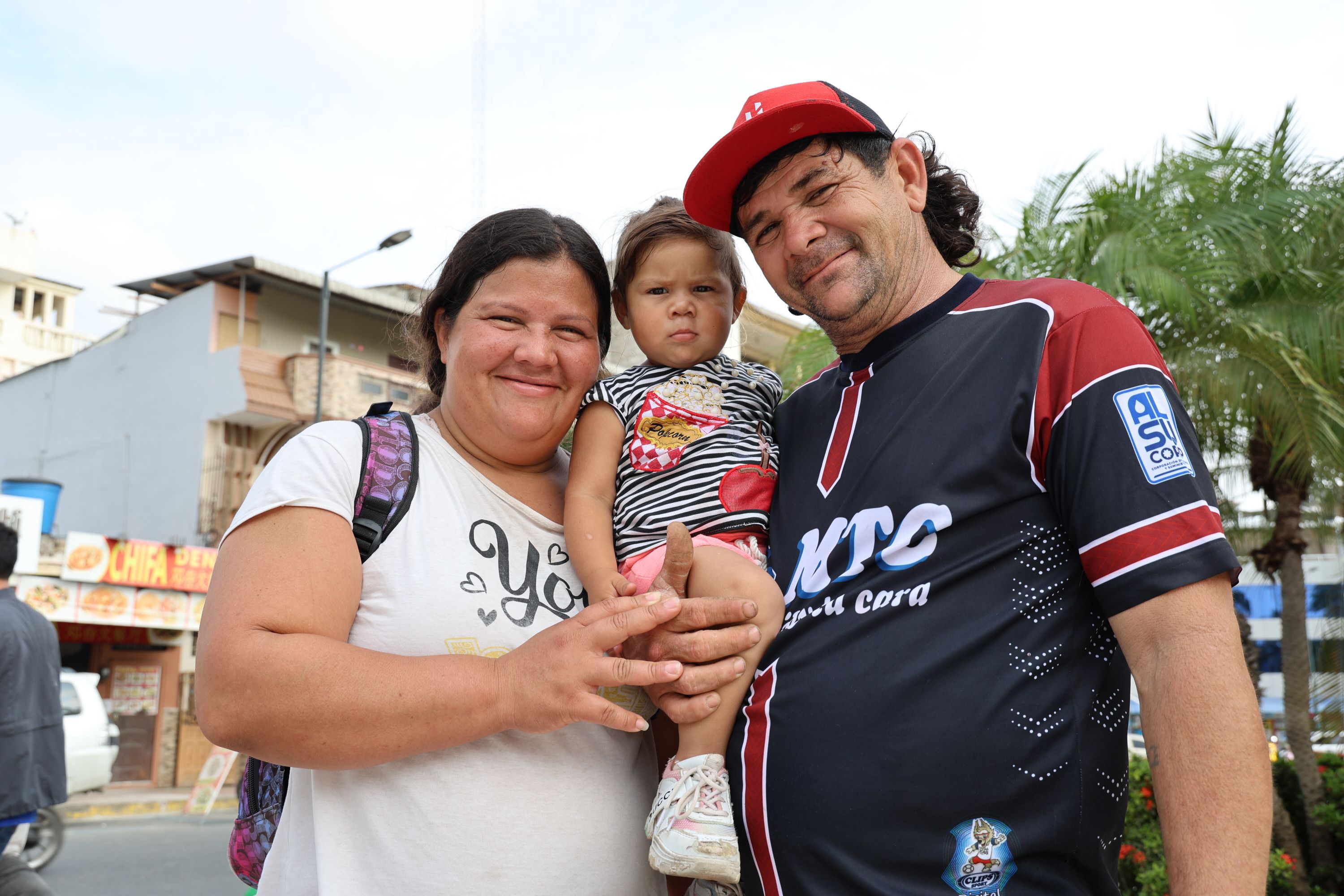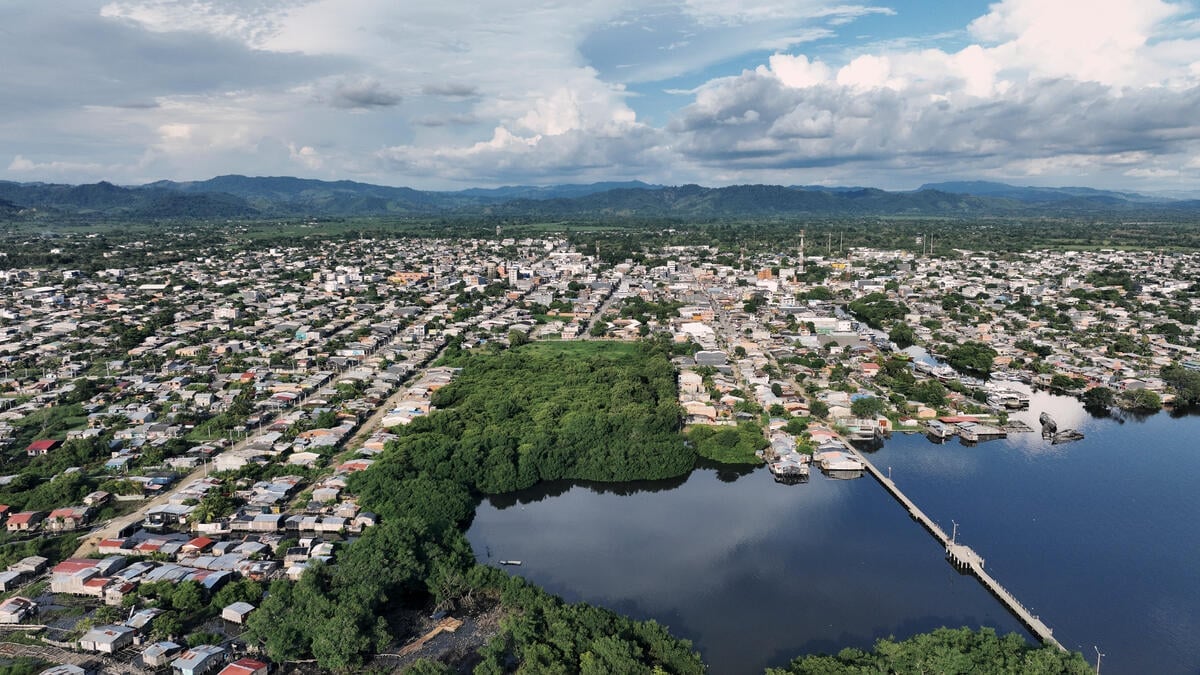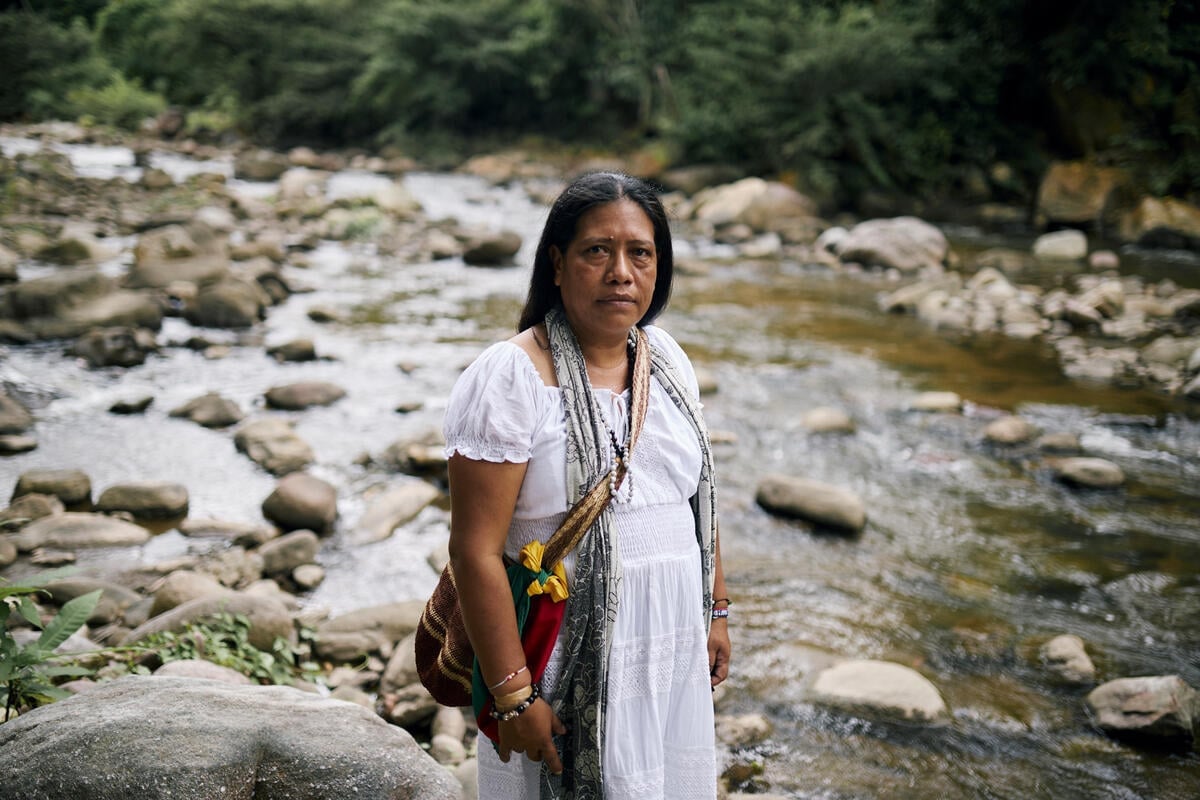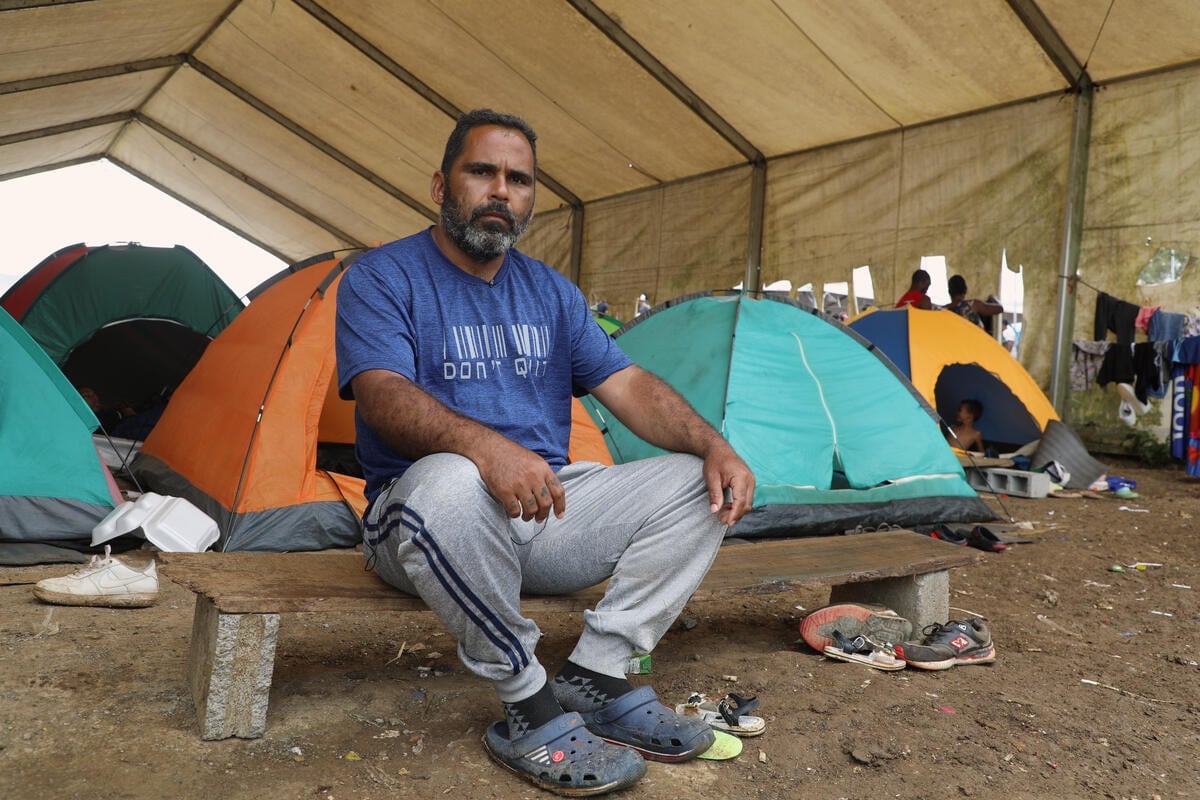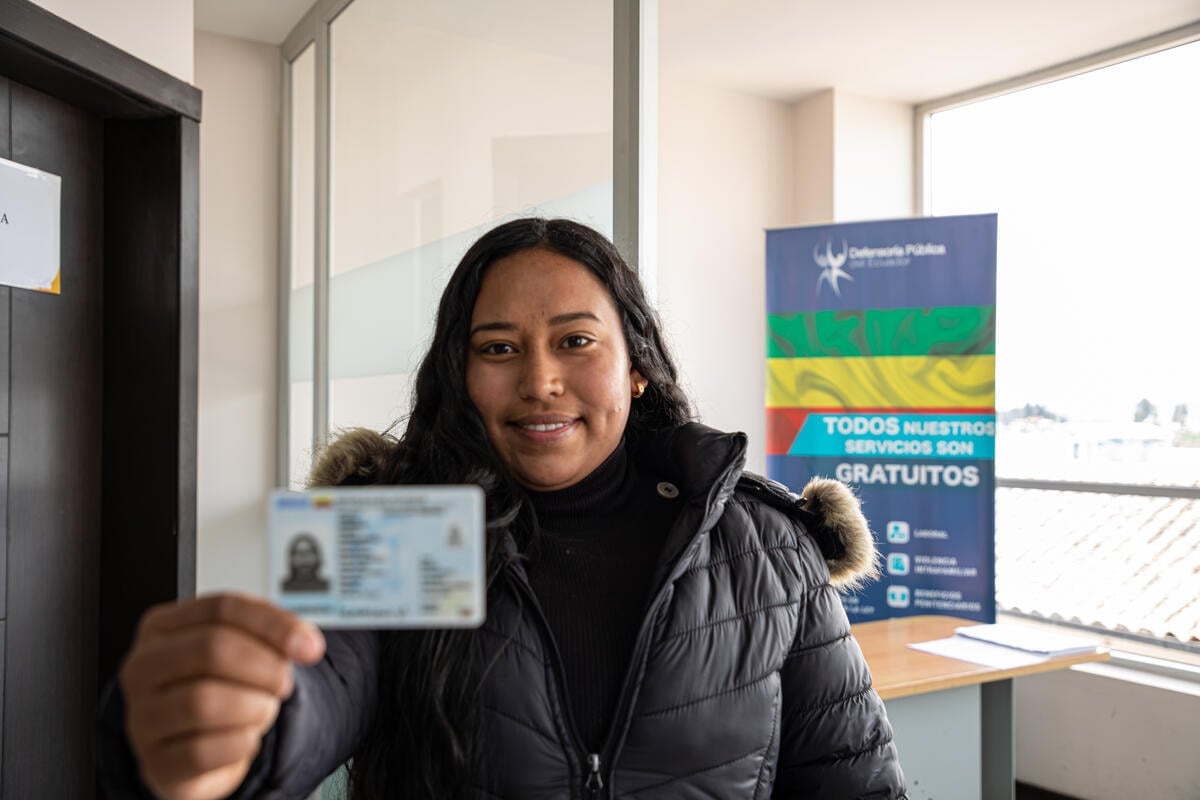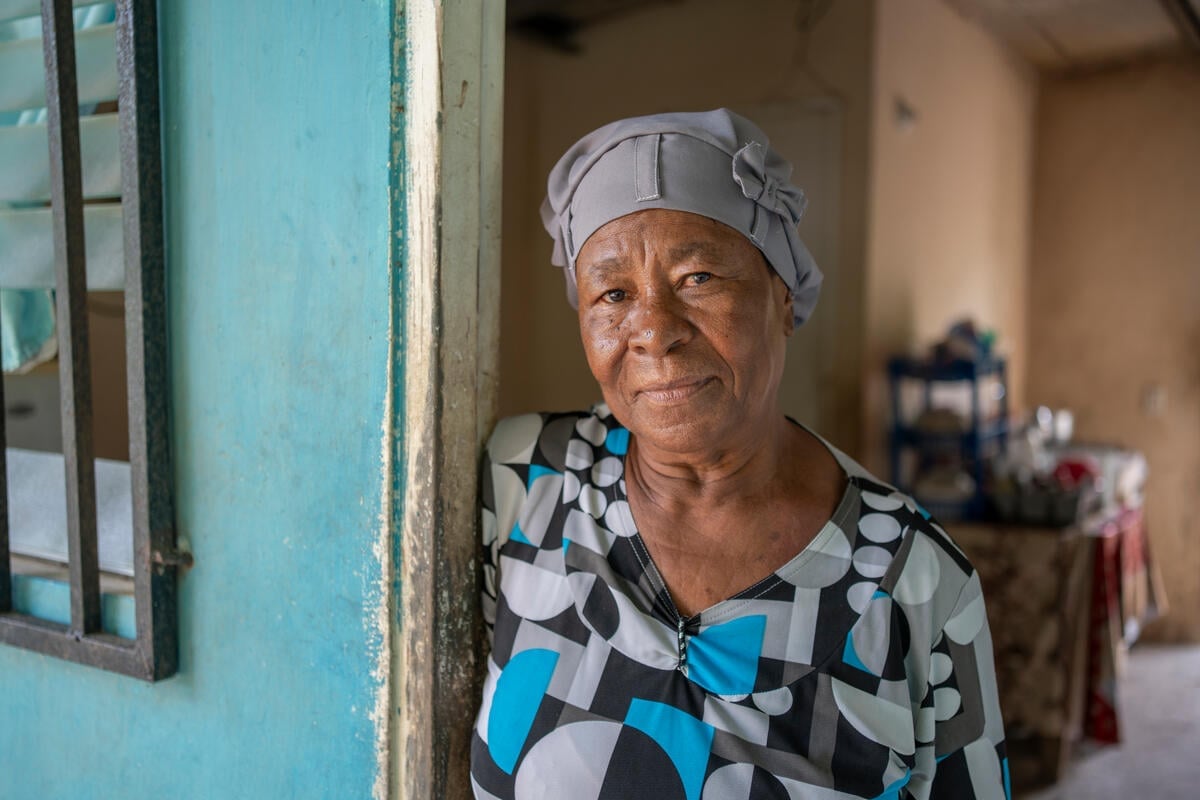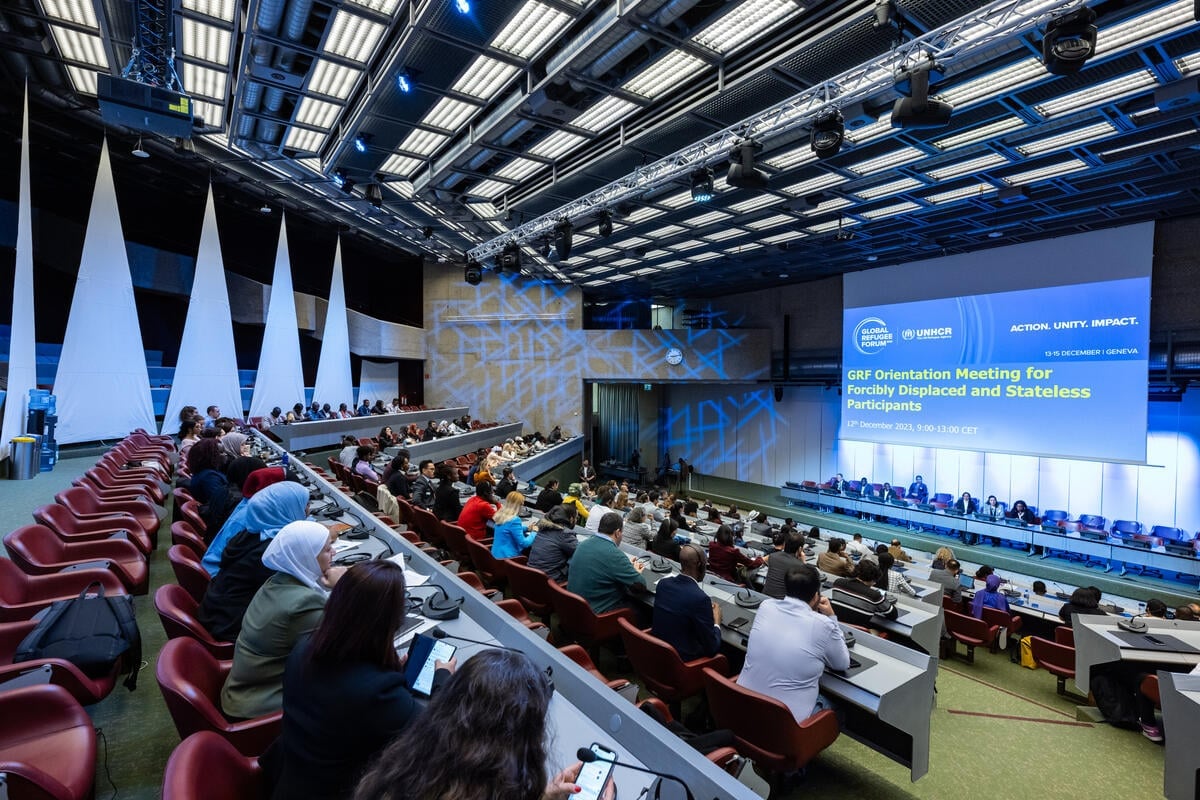Counselling and a trade help Colombian refugee conquer his fears
Counselling and a trade help Colombian refugee conquer his fears

IBARRA, Ecuador, November 30 (UNHCR) - Juan can't quite shake-off his nightmares, still haunted by the years of struggle to escape from persecutors in his native Colombia. But the 52-year-old is getting regular psychological support, with the help of the UN refugee agency, and feels safe in his waking hours.
The treatment has given him more confidence, while financial assistance and training is helping him to build a small business and become self-sufficient. Juan's outlook on life is a lot more positive compared to his state of mind on arrival in Ibarra, capital of northern Ecuador's Imbabura province, a year ago.
Juan hails from the northern Colombian department of Antioquia, where he had a small shop. His troubles began a few years ago when irregular armed groups instructed all traders in his home town to pay them a protection tax. They also wanted to use his shop to monitor the movements of specific people.
"If I accepted, I would have been showing that I was cooperating with the paramilitaries, but I couldn't say no," Juan explained, adding that he decided to flee, leaving his wife and two sons behind.
He spent the next four years moving from one city to another - Medellin, Bucaramanga and Armenia - upping anchor when he thought that the irregular armed group had picked up his trail again. He became another statistic as one of more than 3 million internally displaced Colombians.
In desperation, he went to the authorities in Armenia, where he sold handicrafts. That's also when he decided to seek sanctuary across the border in Ecuador.
Once in Ibarra, all the persecution, trauma and stress of the past few years caught up with Juan and he shut himself off, avoiding contact with other people. But he did receive material assistance from UHCR and others, including food, rental support and household goods.
The priority was to address his mental state. UNHCR, through an implementing partner, the Hebrew Immigrant Aid Society, provided monthly therapy sessions aimed at restoring Juan's self confidence.
"It is important to support refugees not only with income-generation activities, but also provide them with psychological support," Vito Trani, head of the UNHCR office in Ibarra, stressed, adding that this helped them integrate and build new lives.
And once Juan started coming out of his shell, UNHCR looked at ways to help him become self-sufficient. The refugee agency gave him a grant of US$100 to start a handicrafts business. He has used the money to buy raw materials for bracelets and necklaces and is now taking part in a training course, where he has learned business principles.
While things have started to turn around for Juan, life is still not easy for him and the more than 50,000 other registered Colombian refugees in this country. He lives alone in a small room and he is not with his family.
But he is slowly integrating and says the Ecuadoreans are good people. "I don't make plans for the future any more. I live from day to day," he said, thankful to be alive. "My story is just one of the hundreds and thousands of similar experiences of my fellow Colombians,' he added, looking wistfully into the distance.
By Francisco Arends in Ibarra, Ecuador


